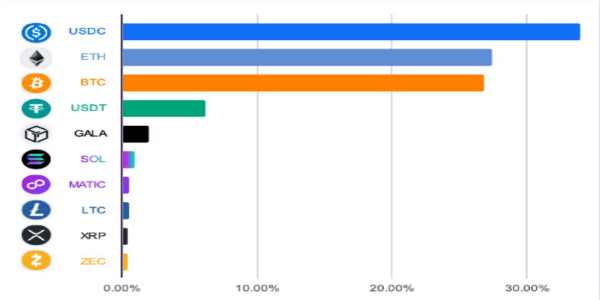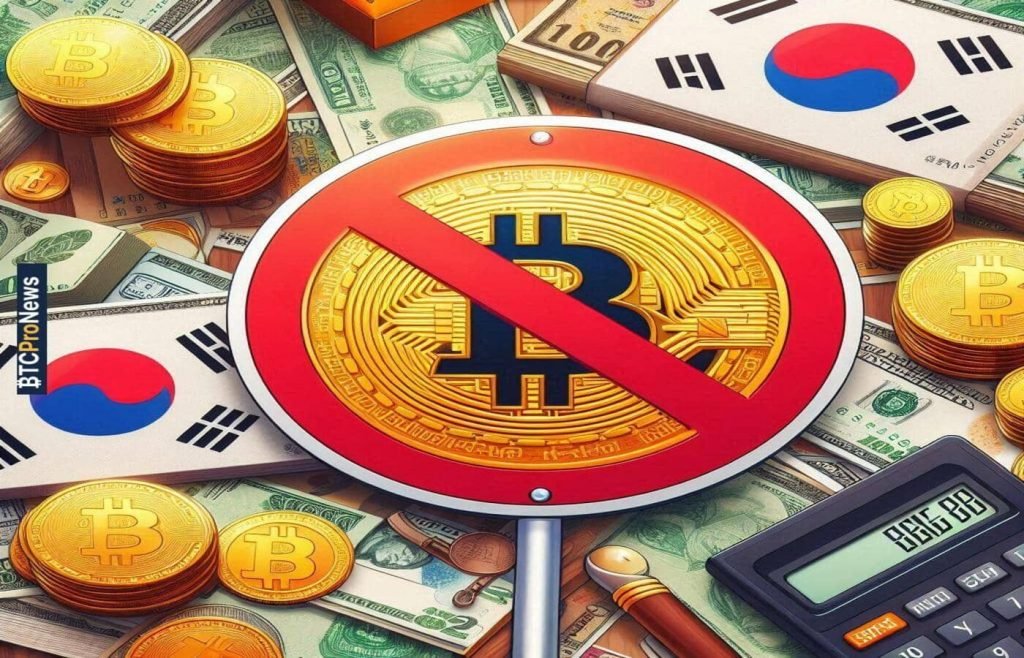South Korea keeps a ban on cryptocurrency usage while stating that companies can use gift vouchers and stock for donations.
The latest update on charity in South Korea excludes the use of cryptocurrency. This initiative can harm charity and fund-raising efforts in the country.
Kyu-nghyang Shinmun, a local South Korean media outlet, stated on May 5 that the Ministry of Public Administration made some amendments to the Donation Act. In these amendments, the Ministry stops the public from using crypto assets for donation.
From July, people who intend to do charity can use alternatives like loyalty points, gift vouchers from department stores, and stock from their internet company, Naver. The use of Digital assets like Bitcoin is still banned for charity.
In 2006, South Korea started an act to collect charity and use donated goods. At that time, the use of smartphones was not common, and there were few types of payments for charity, they stated.
Over time, the payment system has evolved from postal services to bank transfers, automated response systems, and logistics services.
Although donating digital assets is very popular in South Korea, the Ministry needed to provide a proper statement for excluding it.
The legislation only allows donations in stable coins pegged with local currency (KRW) issued by the government and Blockchain-based gift vouchers.
According to TheGivingBlock, more than $2 billion in charity has been made in cryptocurrency globally as of January 2024. The markets may not be accessible by all local charity fundraisers.

Source: TheGivingBlock
According to a recent report, more than 50% of American donations now accept charity in digital currency.
Reports from April indicate that South Korea planned to elevate its temporary crypto crime investigative unit into an official department to overcome the increasing cryptocurrency and digital asset fraud.
In other news, the Crypto.com exchange from Singapore finds it hard to enter the South Korean market due to strict rules and regulations.
According to a report by Cointelegraph, in April, South Korean authorities found traces of Money laundering-related problems in the data submitted by the exchange. They launched an immediate “emergency on-site inspection” to track these activities.

